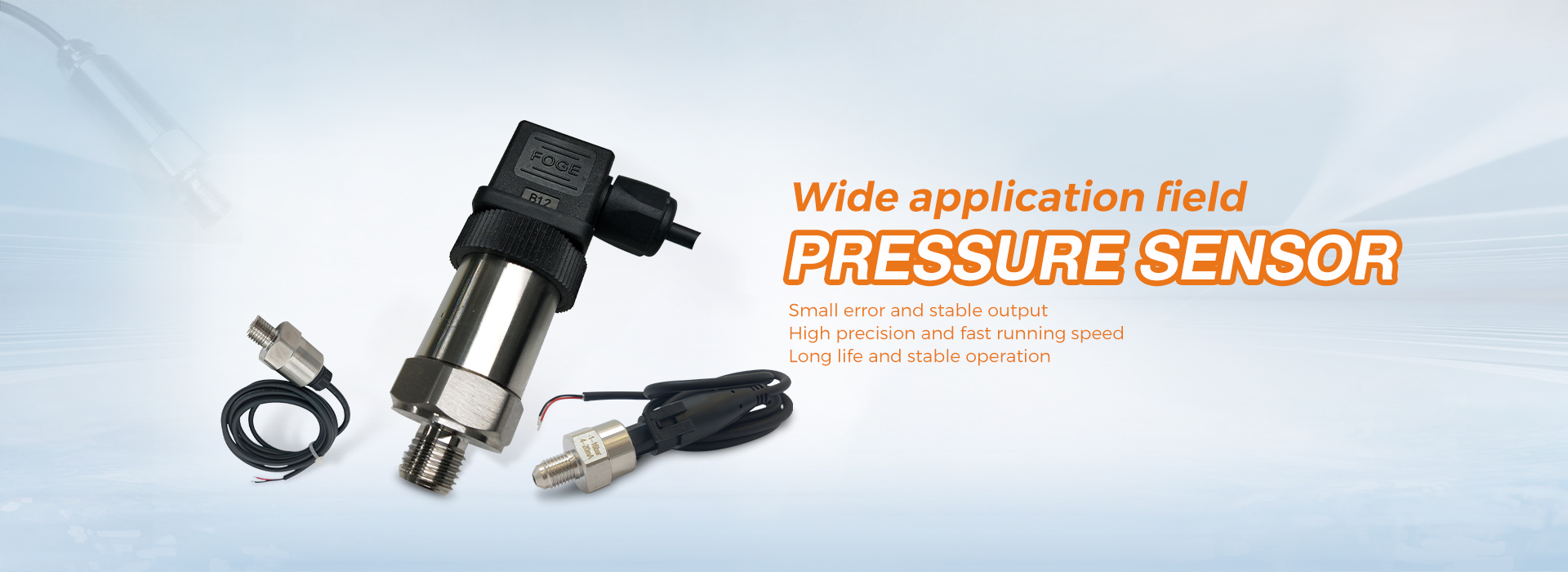With the development of oil and gas industry, China’s oil and gas pipeline construction has made great progress. At present, pipeline transportation has become the main mode of oil and gas transportation. 60% of China’s existing oil and gas pipelines have been in operation for about 20 years, and some crude oil pipeline networks in the east have been in operation for more than 30 years. Due to pipeline corrosion and oil theft, many pipelines are seriously aged, and pipeline leakage often occurs, resulting in energy waste and environmental pollution.
The traditional pipeline leak detection method is usually based on the pressure sensor to collect the pressure signal in the pipeline and determine whether the pipeline is blocked or has a leak point through the pressure change. This pipeline detection method needs to transmit and display the pressure signal in application. However, when the transmission distance of the pressure signal is long, the traditional pressure detection device cannot meet the requirements for pressure signal acquisition and processing because of the large background noise, pressure signal attenuation and other problems.
Therefore, a stable and reliable pressure sensor is a powerful tool to ensure the continuous production process in the oil production process. Because if there is a measurement error, it may lead to downtime, and the economic losses caused by it will be huge. Therefore, this is the most basic demand for pressure sensors in the oil industry.
The petroleum industry is a precision processing industry, which has high requirements for the measurement accuracy of pressure sensors. In the control system, the higher the accuracy of the measured value of the pressure sensor, the more accurate the control. The accuracy value of the pressure sensor in the oil industry reaches 0.075%, which can basically meet the operating requirements. The following is a brief introduction to the working principle of the pressure sensor in the oil pipeline:
The working principle of the oil pipeline pressure sensor is that the medium pressure directly acts on the diaphragm of the pressure sensor, making the diaphragm produce micro displacement proportional to the medium pressure, changing the resistance of the sensor and detecting this change in the electronic circuit, and converting and outputting the standard signal corresponding to this pressure.
The petrochemical industry’s requirements for pressure sensors far exceed the above requirements, including “the type and range ratio of pressure sensor bus”, etc. Compared with the increase of pressure sensor, the increase of measuring range is more flexible, which brings great convenience to the design and application process.
The petroleum industry has high requirements for the performance of pressure sensors. Today, most products still rely on imports. Obviously, this is a challenge to the domestic pressure sensor industry.
Post time: Nov-28-2022



